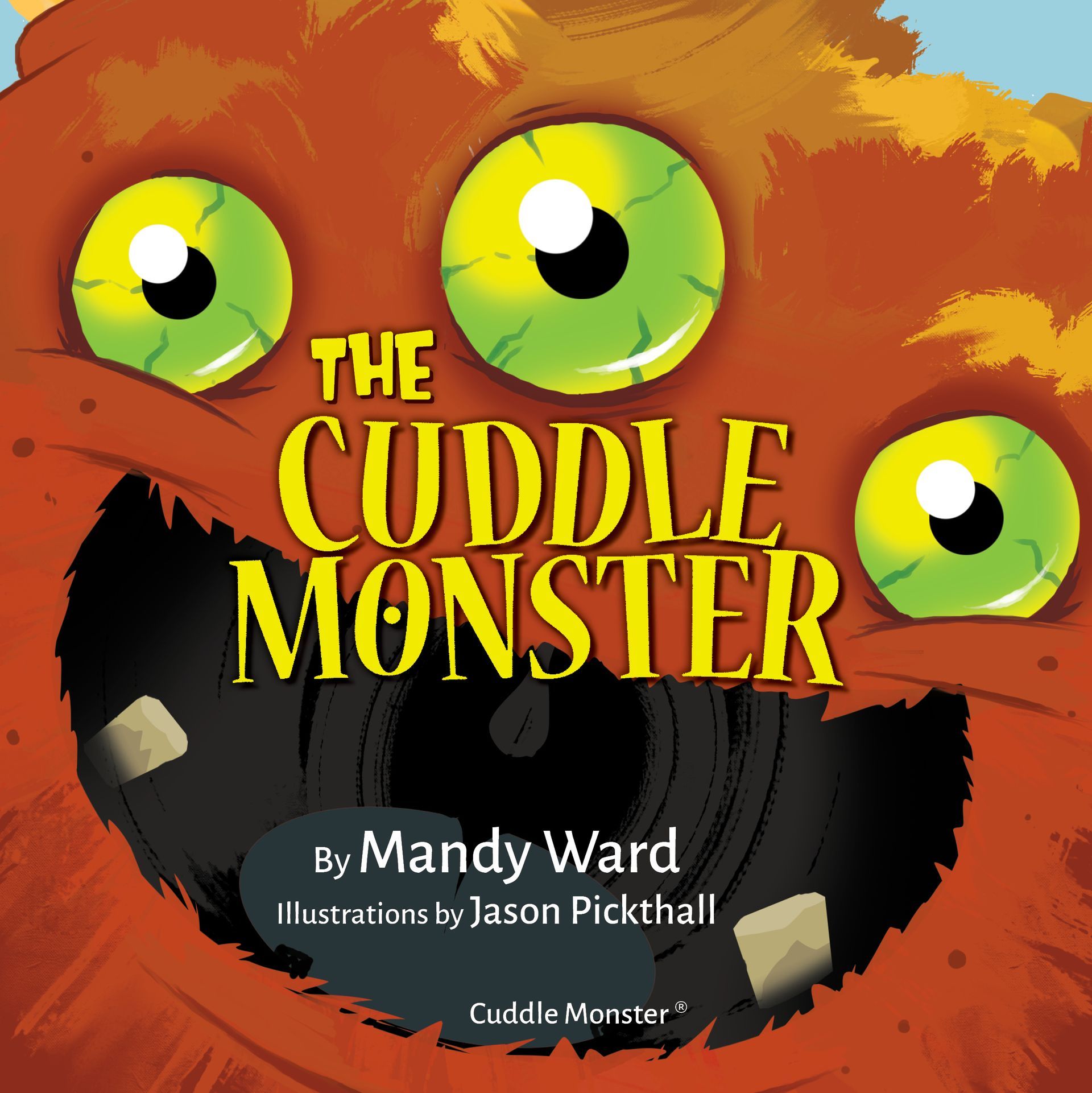Creating a consistent writing habit
How to grow your word count
Hemmingway said it was best to write upon waking and before anything else, so did John Mortimer. Margaret Attwood advises us to write badly until we can write better. Julia Cameron recommends writing 3 pages by hand every morning to include what she calls your 'blurts'. It's a good habit to get into because in a short time it helps you to empty your head of all the bad stuff so that there's space for the good stuff. Lee Childs suggests asking a question at the start of your novel and not answering it until the very end. That's a great way to ensure that your reader is hooked to keep going until the question is finally answered.
Each author has their own way of writing consistently and there's plenty of advice and guidance on how to do so, but how do you create a writing habit that works for you, that keeps you motivated, on track from start to finish?
Here's what I've learned in the last 20 years since I started writing and this is what works for me:-
1 Check your motivation to write.
Do you really want to write a book or is it a passing thought, aka 'I want to write a book 1 day?' type thought? If you're not motivated enough, if you're not set, determined and fixated on getting that idea for a book out of your head and into words, then move it off your list of things to do and move on to something else. If you really want to write your book, you’ll find the motivation and the time to do it.
2 Follow the advice of Hemmingway and many other writers by writing first thing. Get it done and out of the way. Set yourself a target of a number of minutes that you can easily commit to and set the timer on your phone. Early bird, night owl and everything in between, find a way to write as an urgent, daily task and fit everything else in your life around it. Until you make time to write as your first priority, your book will stay stuck in your head.
3 Keep a running tally of the number of words that you have achieved that day and add it to your tally list and stick it where you can see it. Seeing it every day and watching the tally go up will help you stay motivated. Once you get past the first 2 or 3000 words, you'll want to keep increasing the score. I find this to be very motivating. 'Writing brings down more writing' is advice I've read and it's so very true. Once you are fixated on getting your book done, once you start writing, you'll want to continue. The actual act of placing your hands on the keyboard, pen to paper or fingers to notes in your phone does act as a spur to want to write more. More than any other piece of advice I've learned, this is the one that has been true for me. I think you'll find that once you do it, it will be true for you too.
4 Writing is a mindful practice. Once you start planning your book, once you start writing it, you'll discover that the world around you disappears. For as long as you are stacking up your wordcount, you will focus only on the words, the characters, the plot, the content. When you write you are creating a world for other readers to enter. You are creating a world that you inhabit whilst you create it. You are emptying your head of thoughts, ideas, knowledge, expression and as you let the words flow out of your head, it brings about a kind of peace that I liken to meditation. That's why I liken it to a 'mindful' practice. Think about a time when you were so relaxed and so at peace, your breathing had slowed down, your head was empty of the pifflly bits of things to do, be or have. Writing gets you 'in the flow'.
5 Set your writing space up so that you can pick up where you left off yesterday. Hands to keyboard, pen to paper, fingers on phone. Clear desk, wordcount pinned up for you to see regularly. When you finish writing, make a quick note of the next item for the day after. Have it ready as a prompt for you so that you can pick up where you left off. Make it so it's easy to do and something that you look forward to doing the next day. Finish writing and ask the 'what next' thought in your head. Then move away from it until the next day. Our minds are very clever, your sub-conscious will start working as you go about your day-to-day activities. Let your mind answer the question 'I wonder what will come next with my writing?' Your mind will answer that puzzle. Have a notepad and pen by your bedside as the answers may well come to you whilst you are sleeping.
6 Remove the pressure to write. Whilst this is a contradiction to what I said of building up a consistent daily habit in point 2, you are writing a book, not solving world peace! What I've found to be true is that yes, it's a good idea to write every day but let's not be so hard on ourselves that falling off the daily writing habit (or whatever habit has worked for you), doesn't de-motivate us to a point where we don't want to keep going. What I'm saying here is it's about enjoying the journey. All too often in life we chase after something we think we want, get it and then think 'what next then?'. So, enjoy the journey you are taking, with its consistency and inconsistency. If you take a break and find you don't want to get back to it, go easy on yourself. Writing a book is a commitment you make, and you want the book to be the best it can be. Pushing yourself when you don't want to be pushed is a sure-fire way to lose motivation and to give up. Go easy. Make it easy. Rest easy, relax. Take the pressure off yourself and you may just find that you want to write anyway.
7 Employ an editor. They will have a timeline of when they can do your 'edit' and will tell you when they expect to get your words. This can motivate you to get your work done. A healthy deadline, knowing that it's up ahead can keep you on track with your wordcount. I've been writing a book for 12 months now, with one chapter a month. I engaged an editor once I'd got six chapters done. I know that I'm better with a bit of pressure and so knowing that each month my editor would be editing one chapter, turning it around to a set timeline and then expecting the next has kept me going. I have to admit that this has worked very well for me, but I've still gone awry with my own timings. But the best thing is I know that if I hadn't engaged my editor, I'd probably not have continued to write to that deadline. I'm a month or so later than I'd planned to be, but still I'm making good headway. Having accountability with an editor waiting in the wings to edit, means I'm committed to my book, committed to getting it done and that I'm serious about being an author. It also shows I can make a promise to myself and keep it. And that's motivation in itself to keep going.
8 Allocate a budget to your book. You are going to spend some money if you want to get your book done to a standard that will make your reader pull it off the bookshelf and buy it. By committing to a budget, you are taking your writing life seriously. Knowing that you are spending your hard-earned cash on your book baby will most likely motivate you to keep writing. As well as an editor, you might want to consider working with a typesetter, a professional book designer and a proof reader for that all important final check before your book goes to publish.
9 The 'What if I don't?' question. What would happen if you chose not to write your book at all, or if you begin the process but ultimately choose to stop? Will you look back with regret for not pursuing it, or for starting and not seeing it through? Who might be negatively impacted by your decision to not follow through? How will you feel if it's something you never manage to accomplish? If you struggle with developing a consistent writing routine, take a moment to reflect on how it would feel to simply not continue, or decide not to even start! If the answer to the question is I'd like to write my book, then get started.
10 Accountability. It's up to you how you get the job done and you are only accountable to yourself but to help you along the way, having a coach or an accountability buddy to help you along is a good idea. We all know what we want but sometimes we can get in our own way. Having a coach or a writing buddy - perhaps someone like you who also wants to get their book done will make your Author Journey less cumbersome and less lonely.
I believe everyone has a story to tell, even if it's just your own Life Story. Imagine learning about life from a century ago, spoken by someone who lived it? In 100 years, someone might read your Life Story. You may think it’s uninteresting, but the changes in 100 years will make what seems mundane today fascinating to your descendants.
Happy writing. Begin, write every day if you can, even if it's only 5 words or an idea that you've had, you'll be surprised how wordcount adds up. If you write 1000* words a week, you'll get to just over 52,000 words in a year - that's enough for a book.
*1000 words = 2 sides of A4 - I bet you could write 2 pages a week couldn't you?..........If you'd like a free wordcount tracker drop me an e mail and I'll send it to you and I’ll add you to my e mail list where I will share snippets of the book I'm writing, I promise not to spam you! (you can opt out at any time!).
Let me know how you are getting on with your writing.
If you have questions, want a bit of encouragement to keep going - e mail me at Mandy@WriteMyBook.co.uk




